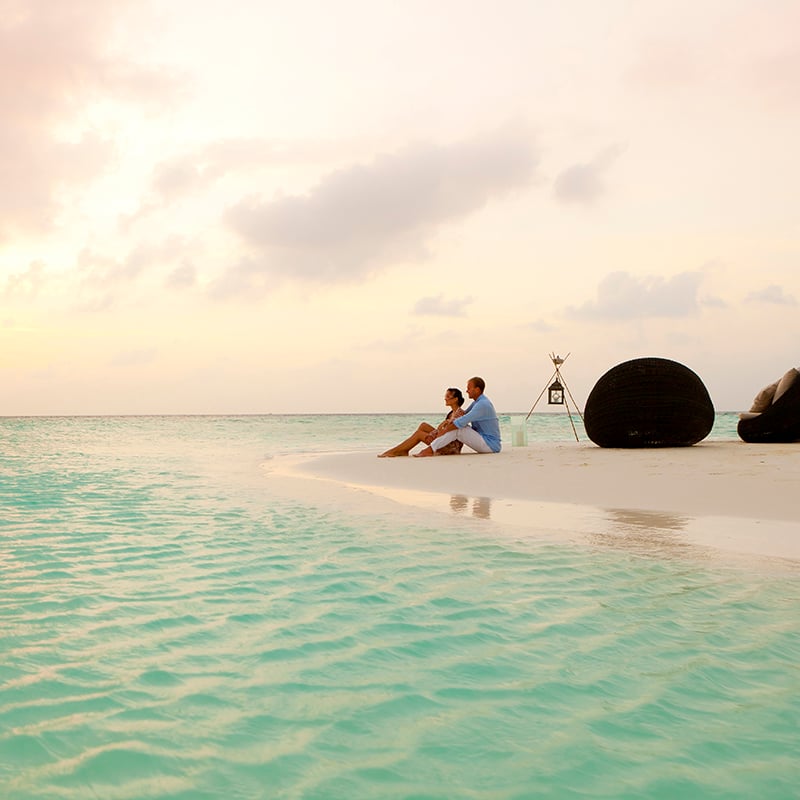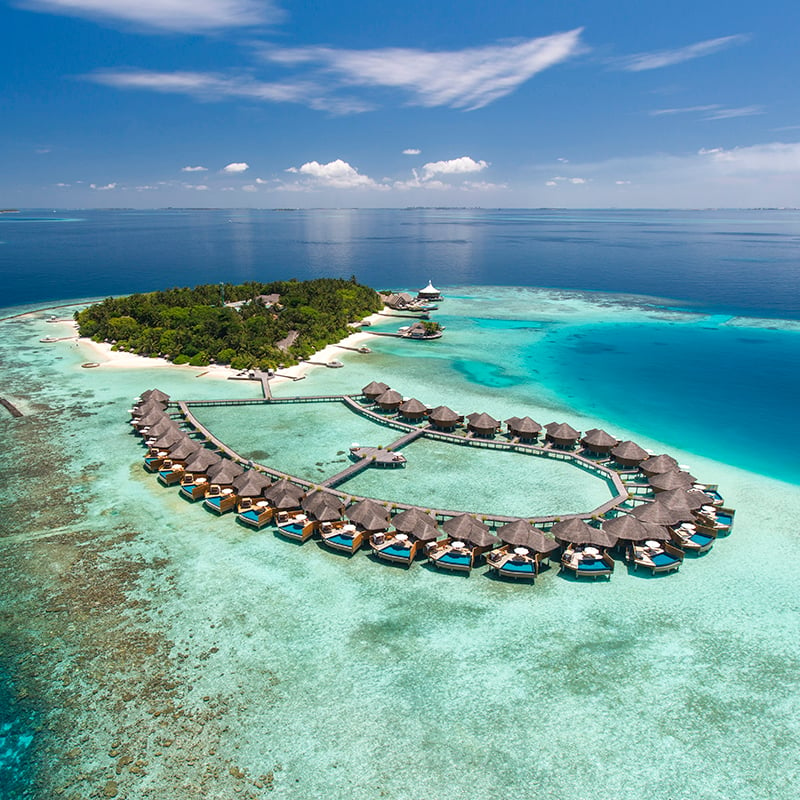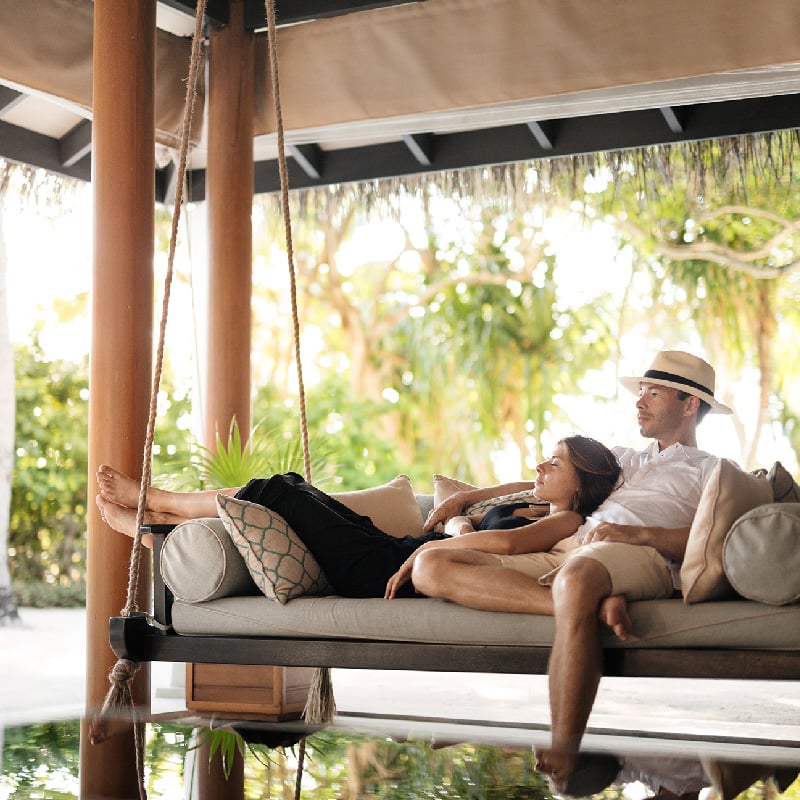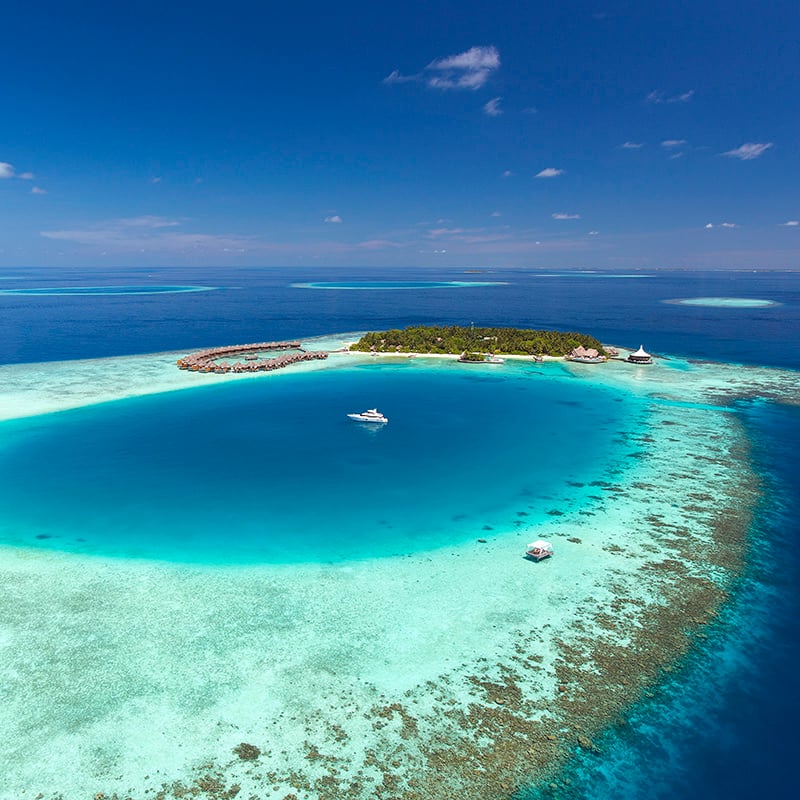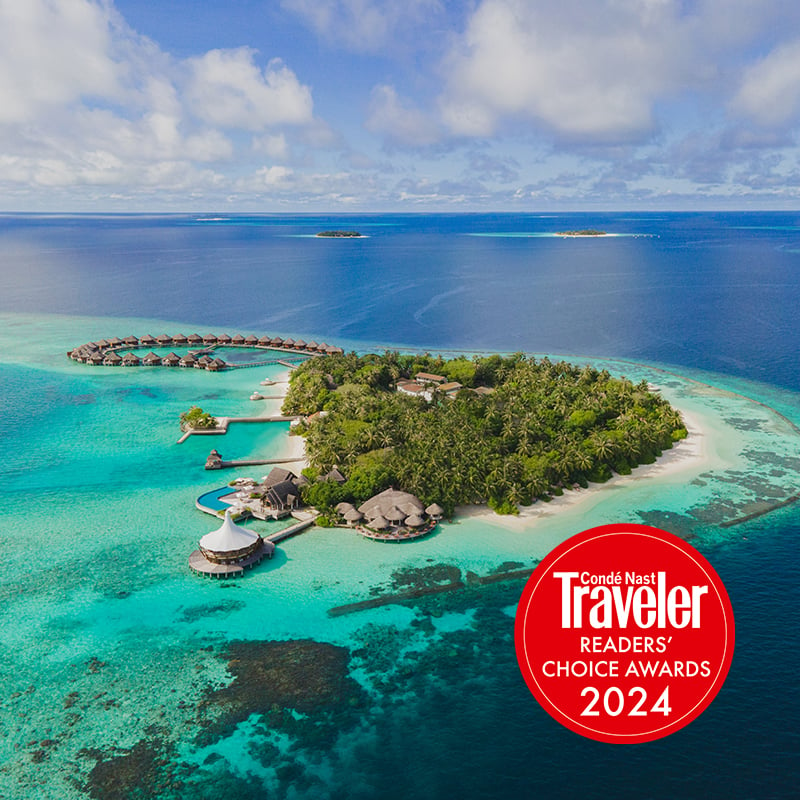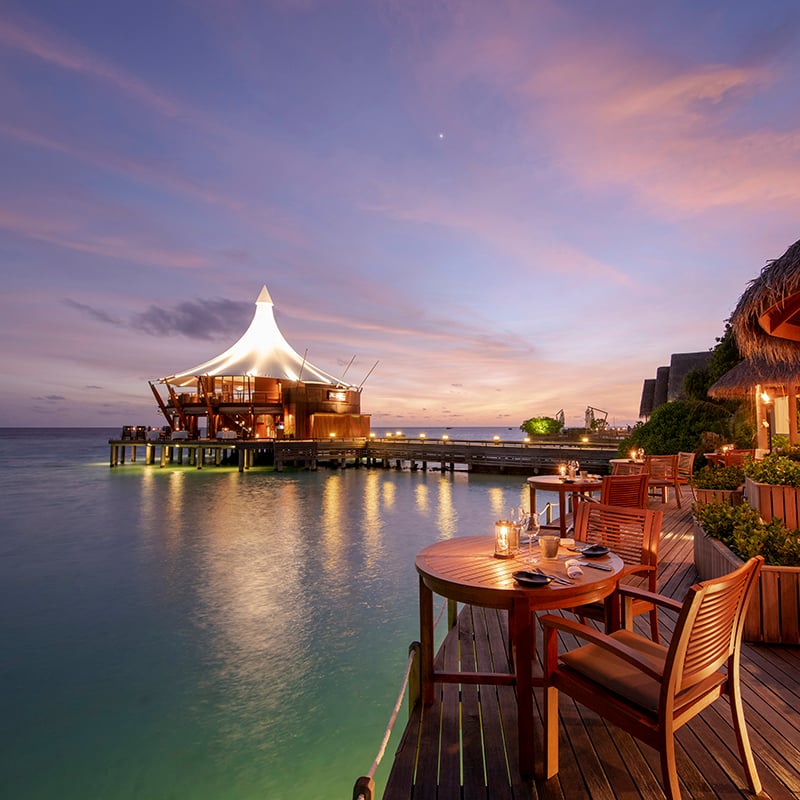Immerse Yourself in the Maldivian Culture
14 December 2023 | All Blogs, Destination, Experience
Experience both Baros Maldives incredible natural beauty as well as the gentle and hospitable local culture. At Baros you will engage with Maldivian culture in authentic, meaningful and unforgettable ways.
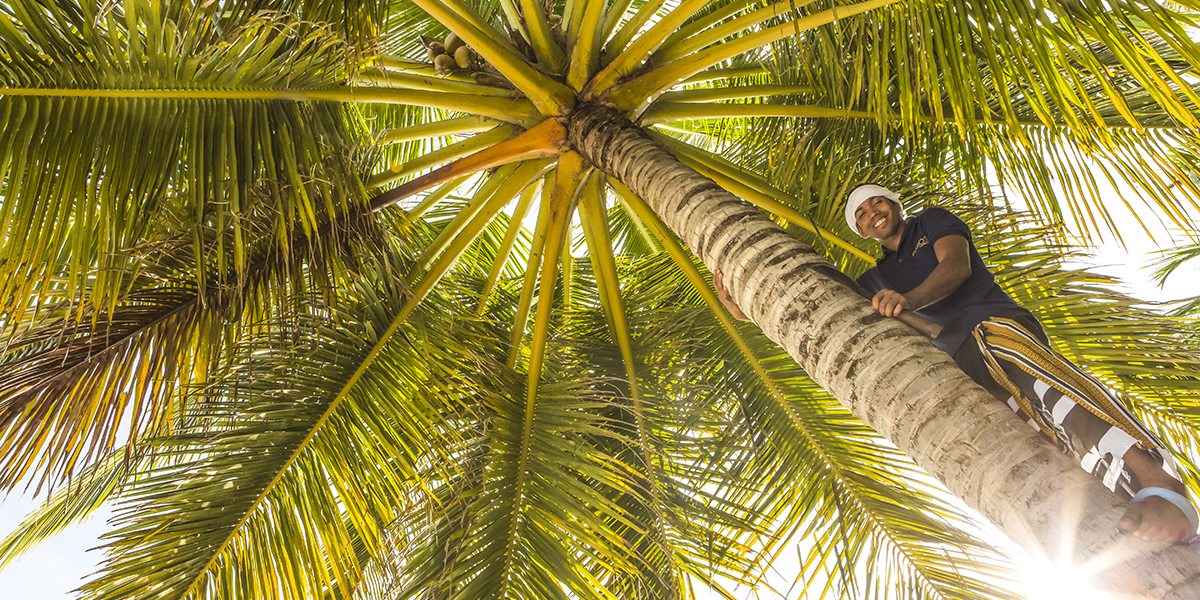 History
History
As an island nation, the culture of the Maldives revolves around the sea and its island lifestyle. Historically, the Maldives was strategically positioned in the Indian Ocean on the ancient Spice Route and had many nations passing through. From this, they have formed a unique culture influenced by the cultures of India, Africa, Sri Lanka and the Arab nations.
Baros’s Maldivian Lounge has displays of both locally made artefacts and an excellent collection of authentic, antique maps of the islands, giving visitors a sense of the history of the region.
In addition to this, our luxury private island resort offers you many opportunities to experience the magic of local culture, including culinary traditions.
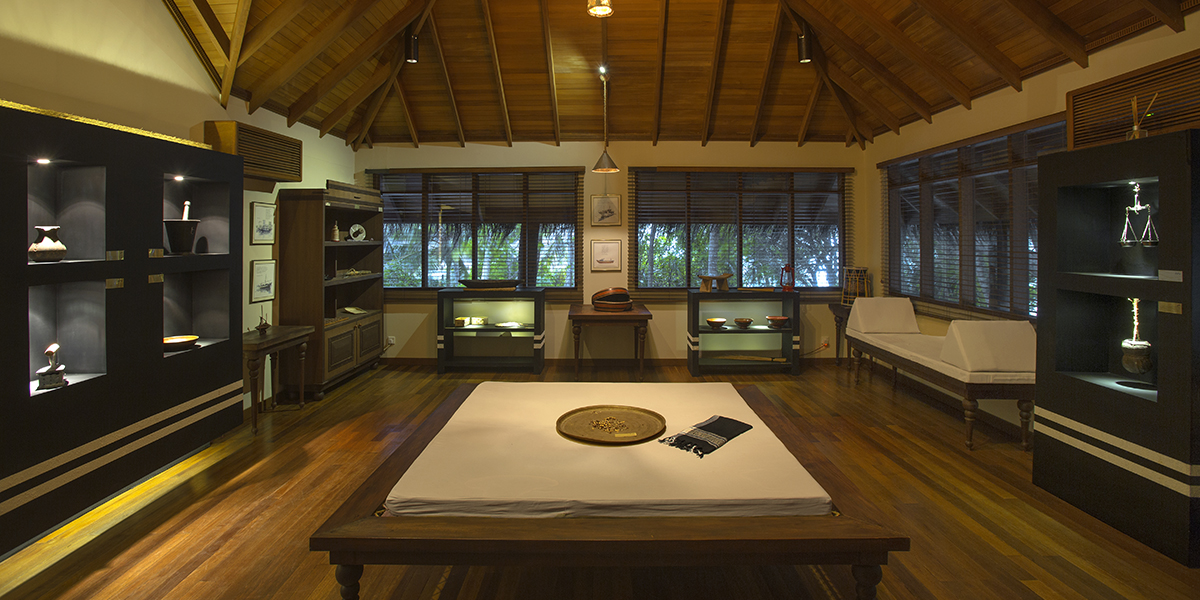
Local cuisine
The most common ingredient in local food is freshly caught fish, from the sea surrounding the islands. Coconut products, including milk and oil, are also popular as well as spices and fresh fruit and vegetables including yams, breadfruit, mangoes and papayas. Maldivian food is delicately flavoured with spices such as chilli, cumin, cardamom, curry leaves and pandan leaves.
Cooking styles and traditions are influenced by Arab, Indian and Sri Lankan styles. Some local favourites are:
Garudhiya: A tuna fish broth served with rice, lime, chilli and onions.
Kulhi Boakibaa – a fish cake cooked often on special occasions, with smoked tuna, grated coconut, onions and ground rice.
Mas huni: Smoked shredded fish, is served with grated coconut, lime, chilli and onion.
Fihunu mas: Barbecued fish, basted with chilli.
During festivals, traditional feasts often included a Malaafaiy which is a large, round, wooden serving dish, with a lid, usually beautifully adorned with traditional lacquer work. Inside, are many smaller dishes of rice, curry, salads, side dishes and bananas. Guests at Baros can view a magnificent antique Malaafaiy in the Maldivian Lounge.
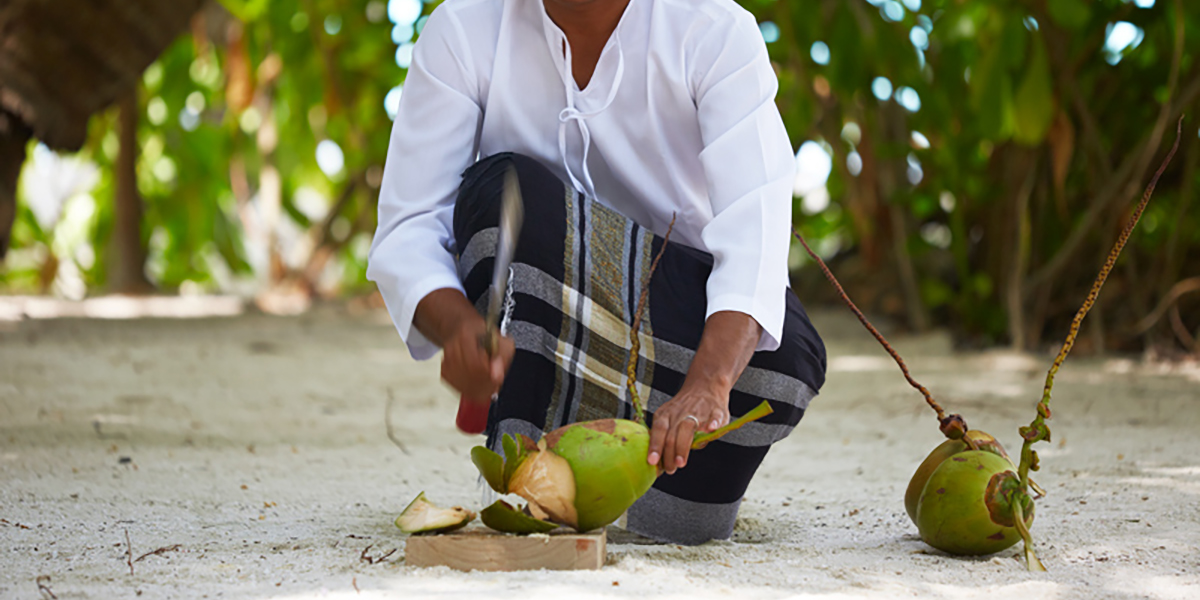
Crafts
Maldivians are expert craftsmen, skilled in wood carving and lacquer work, using beautiful and intricate designs. From Baros, you can take a day trip to the capital to see magnificent carvings in person at the Friday Mosque in Malé (also known as Hukuru Miskiy). You can also visit the local markets and shops with many local artisans selling their wares – including lacquer work, beautiful woven mats and jewellery.
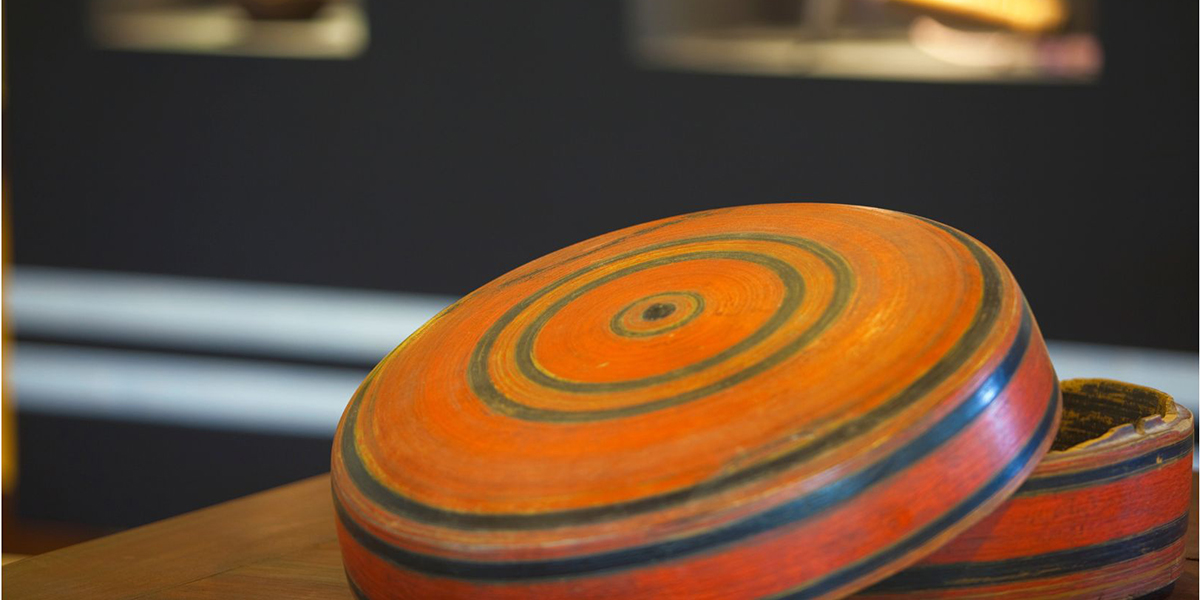
Music and dance
Music and dance are a big part of life in the Maldives and are heavily influenced by North Indian styles. Bodu beru (big drums) is perhaps the most characteristic of local culture. Men in traditional wear, play drums, sing and dance. Some other forms of music and dance include Bandiyaa jehun, a dance carried out by women using alloy or metal pots, Dhandi jehun, a dance using sticks and Thaara, which is performed by 22 people in two rows, facing each other, using tambourines.
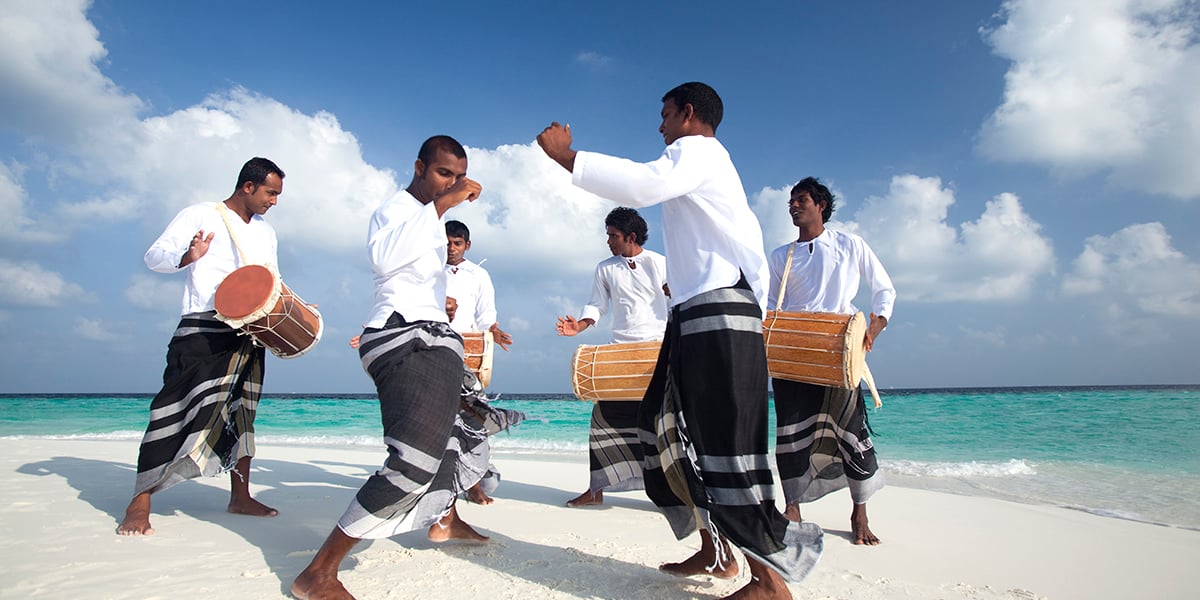
Divehi language
The official language of the Maldives is called Dhivehi. It is an Indo-Aryan language closely related to Sinhalese – the language of Sri Lanka. Similar to Arabic, the Dhivehi script, called Thaana is written from right to left. Some common words include:
Hello – Assalaamu Alaikum.
Yes – Aan.
No – Noon.
Thank you – Shukuriyaa.
You’re welcome – Maruhabaa.
I’m sorry – Ma-aafu kurey.
Muslim religion
Islam is the official religion of the Maldives, and the Islamic calendar is followed; with the work week starting on Sunday and ending on Thursday. Although resort islands are relaxed when it comes to dietary laws and dress codes, it is advised that when visiting local islands guests dress modestly, keeping their shoulders to knees covered.
Festivals
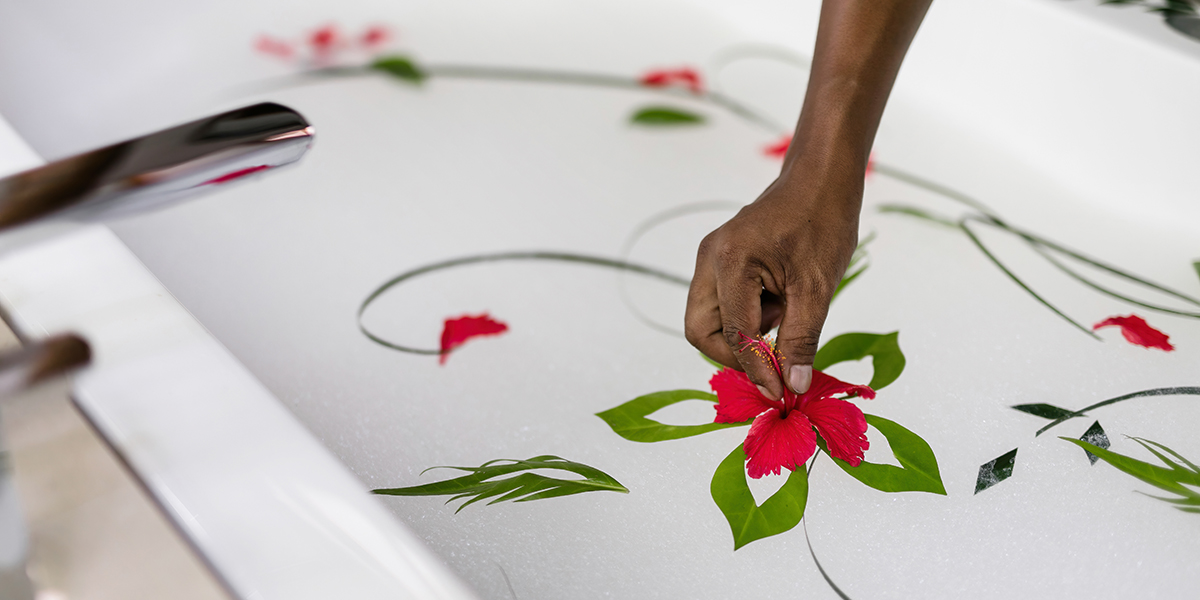
With the primary religion of the Maldives being Islam, most of the festivals celebrated are Islamic festivals, the major one being Eid al-Adha following the annual pilgrimage to the holy city of Mecca. In the Maldives, this festival has a uniquely local expression with celebrations such as Fenkulhi, where people playfully throw small packets of colourful dye dissolved in water, at each other and Bodu mas, or ‘big fish’, a pantomime of an ancient legend involving a giant fish that is caught, after a struggle, by local villagers with the help of a holy man. In the pageant, a large fish made out of woven coconut palm leaves is manipulated by men.
Other big days include Independence Day on 26th July, the National Day, celebrated on the first day of the third month of the lunar or Islamic calendar and Republic Day on November 11th which celebrates the forming of the Republic of Maldives. The Independence Day is celebrated with parades and festivities.
The trip of a lifetime
Not only is the local culture of the Maldives fascinating, but the natural beauty of this island nation is breathtaking. Book your stay at Baros today and immerse yourself in an authentic and meaningful island experience in paradise. Contact our team at [email protected]
 English
English  РУССКИЙ
РУССКИЙ  DEUTSCH
DEUTSCH  简体中文
简体中文  Spanish
Spanish 